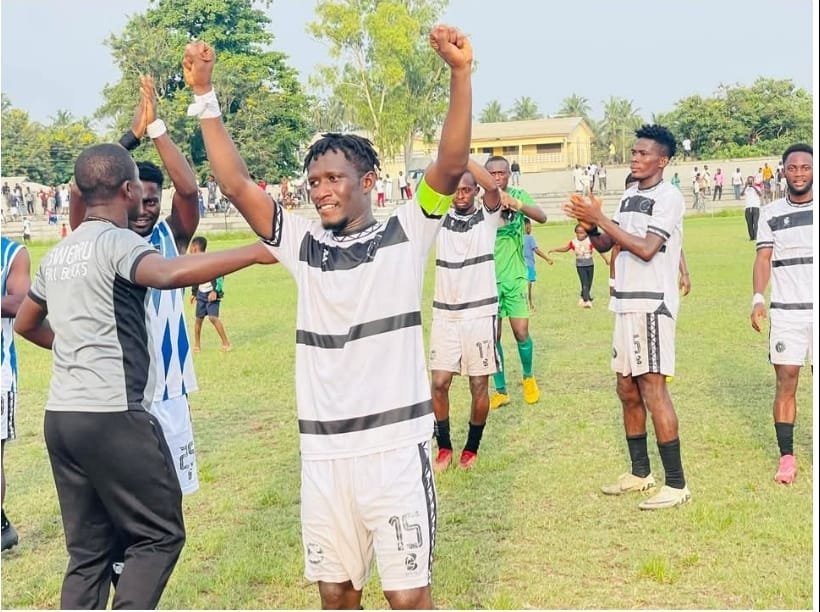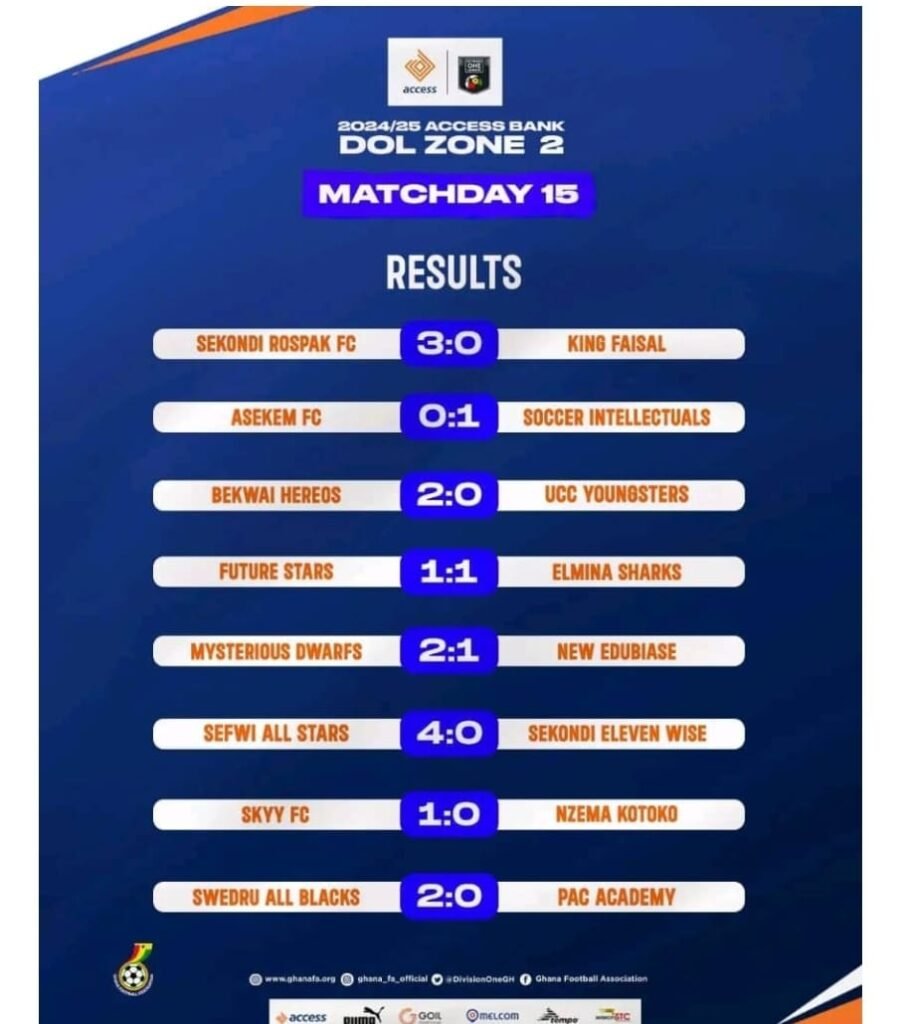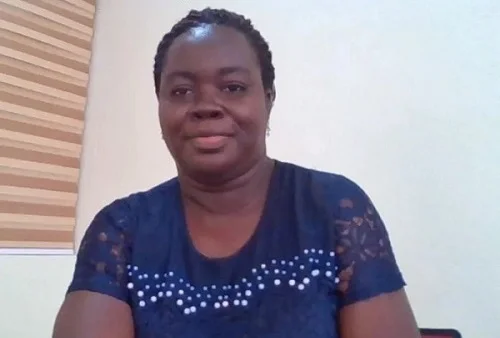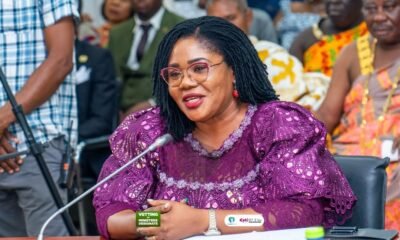Hot!
Former President Kufuor explains why he took Ghana to HIPC

Ghana in 2001 under the presidency of John Agyekum Kufuor, was declared a Heavily Indebted Poor Country, HIPC, by the World Bank.
According to the President, creditors were not looking at Ghana because of the debt his predecessor had left behind so, there was no benefit and the macro-economy was in “shambles”.
This is because the previous government had preached a very ‘bloomsome’ picture to depict that all was well, so, Ghana was too proud to admit its indebtedness.
President Kufuor told KSM on ‘The KSM’ show that prior to winning the 2000 election, his government had promised to do a lot for Ghana to grow economically but things were different when he was sworn in on January 7, 2001.
“Through the campaign of becoming President, we had promised a lot. We talked about going to usher in the golden age of business, and what we will do to turn around the economy etc; we go in there and found empty coffers; not just empty coffers, piles and piles of loans, indebtedness. The nation was practically insolvent. Even the fuel stations had long queues of vehicles because there was no petrol to sell.
“Nigeria had blacklisted Ghana because Ghana owed them some supplies; so, they cut us off. We had to rush to Nigeria and beg the president of Nigeria, Olusegun Obasanjo. This was a state thing and I had to get my government and economy working.
“I went there to plead. At the presidency, Obasanjo had assembled his entire cabinet and asked me why I am in their country, so, I told him that I am here to plead so that you restore supplies to Ghana. The place was quiet, the President raised his head back and said, ‘well, our policy is not to continue supplying people who do not pay, so that is why we are not supplying Ghana’.
“I told him that mine was a new government and we needed to have a fresh start and I assured them that when they supply, my government will do everything with its power to pay. Then Obasanjo said, I had to give a written undertaken that when they supply Ghana I will pay. Something hit me at that point, I sensed the mood was softening a bit so I said Mr President if that is the only thing you want, then please give me pen and paper to write to you that when you supply us, we will pay. He burst into laughter; he then said he will give Ghana 30,000 barrels of crude a day for 90 days on credit…true to his word, for the entire eight-year period of my government, the suppliers came [constantly],” President Kufuor said.
He recounted an international conference in Bamako, the capital of Mali, where he had attended on an invitation and met so many dignitaries including the Director of IMF, President of the World Bank and the Secretary of State for International Development of the UK, Clair Short.
President Kufuor said, during the break, he was “cornered” by these dignitaries and somehow, they wanted to get his thoughts on so many issues especially, the policies he had come to power with because he was a new “boy” on the bloc.
He noted that it took the lady, Clair Short to tell me that “look, everybody knows the state of Ghana’s economy, if you tell the truth about the economy then you will get the help you want [because] we know that you are HIPC so, if you will avail yourself to an IMF programme, then you may get the reliefs you want.
“So, that registered with me; the IMF Director then said, if I take the step, he will work with us so, that we come out of the indebtedness. The previous regime had got us there but pride could not make us admit that we are indebted and because of that inflation was over 40%…the cedi against the dollar was high…so, it was impossible for us to move with all the plans we came to office with…
“These three people wanted me to consider that the situation was messy, so, I should own up. I came back to Ghana, assembled my team and told them that nobody want to hear HIPC so, we should find an alternative to HIPC but nothing clicked…I tasked the Finance Minister to go and inform Parliament that we have decided to go to HIPC…truly Britain was the first country to give us a relief of 50 million pounds to service our loans; other countries followed,” he stressed.
President Kufuor noted that he felt fulfilled to have attended the Mali conference which became of great help to Ghana.
He said when Ghana’s debt was cancelled, he decided to write on projects that he constructed after the ‘benefit of HIPC’ – something Ghanaians mocked him for.
Hot!
Swedru All Blacks back to winning ways, Roshan humble King Faisal

Sekondi Rospak FC made it eight wins in eight successive home games after three second-half goals from John Amoah, Joseph Ntow and Stephen Anthony Kofi. John Amoah opened the scoring in the 55th minute after a barren first half. Joseph Ntow added to the tally in the 56th minute before Stephen Anthony Kofi rounded things up in the 74th minute to give Rospak a 3-0 win over former Premier League side King Faisal.
Elsewhere at Swedru – leaders Swedru All Blacks humbled PAC Academy in an emphatic 2-0 win. Zayat Bubakari scored first for Swedru All Blacks in the 27th minute before Rudolf Junior Nana Kwasi Mensah made it 2-0 in the 34th minute. Swedru All Blacks are top of the table with 36 points – 4 points ahead of second placed Rospak FC.
Meanwhile, Former Premier League side Cape Coast Mysterious Dwarfs recorded their fourth successive home victory after beaten New Edubiase United 2-1 at the Robert Mensah Park. Enoch Odoom struck first for Cape Coast Mysterious Dwarfs in the 19th minute but Steven Asante equalized for New Edubiase United before halftime. After the interval, Godfred Eshun scored from distance in the 65th minute to help Cape Coast Mysterious Dwarfs secure all the points.
Here are the results in Zone Two

Hot!
Cervical Cancer alert: Avoid sex at early age

The Programmes Manager of Non-Communicable Diseases (NCDs) of the Ghana Health Service (GHS), Dr Mary Efua Commeh, has advised young girls to avoid sex at an early age.
This, she explained, will give the cervix the opportunity to mature before they become sexually active.
“You need to delay what we call the first sexual intercourse as much as possible to give the cervix the opportunity to mature before the person becomes sexually active,” she said.
Dr Commeh stated this in an interview with The Spectator in Accra on Tuesday as a part of the Cervical Cancer awareness month.
According to her, cervical cancer was the second leading female cancer in Ghana with a total of about 3,072 cases annually, and out of that, 1,815 deaths are recorded, representing more than 50 per cent.
She indicated that “If young girls are going to be sexually active, then you need to talk to your parents about being vaccinated.”
She explained that vaccinating young girls against human papillomavirus (HPV) has been found to be a very effective way of preventing cervical cancer.
“There are countries that started HPV vaccination years ago and they are not seeing any cervical cancers now because they would have eliminated most of the high-risk HPVs in their women. So if the high-risk HPV is not there, then obviously the results on cervical cancers are going to go down,” she added.
Dr Commmey said the HPV vaccination is recommended for young girls aged nine to 14 years, adding that it had been found to be highly effective, not just for cervical cancers but for other HPV-related cancers, such as anal cancers, cancers of the vagina, genital warts, amongst others.
She further elaborated that the idea is to put up a barrier before the HPV comes in and that once a young female encounters it, she is already protected.
She also mentioned that for cervical cancers, the main cause is called HPV infection, saying generally, all sexually active women acquire HPV at some point in their lives.
However, the Programmes Manager of NCDs at the GHS mentioned that the body has a way of clearing the HPV, explaining that it is a natural mechanism that goes on, unfortunately, there are a few women whose HPV persists.
Moreover, she noted that the numbers for Cervical Cancer tend to be much higher because at times, clients would wait, and try all sorts of medications before they finally report to the health facility saying “we actually lose some women before they get to the hospitals with over 75 per cent of the cases coming in its third and fourth stages.”
Dr Commey, therefore, called for public awareness while ensuring the availability of information for prevention and control.
By Jemima Esinam Kuatsinu







